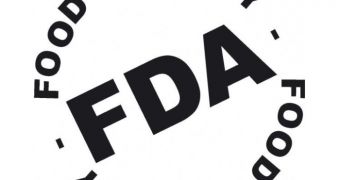The FDA is actively working on reinforcing its policy on food labeling to prevent situations in which a product either claims to be able to do things that would rather make of it a drug than food, or downright misleads the consumer into believing they’re eating something healthier than it is. As such, no less than 17 major companies have been warned they have 15 days to change the labels on some of their products, as WebMD can confirm.
Many makers intentionally mislead consumers, either by making claims that are not justified in any way or by presenting distorted facts. Such was also the case with General Mills’ Cheerios Toasted Whole Grain Oat Cereal, which claimed to lower cholesterol by four percent in six weeks. Following a series of complaints, the FDA warned the Cheerios maker to have the cereals approved as a drug, because only a drug could do what it claimed so early to do.
“The FDA today warned 17 food makers – including POM Nestle – that their ‘misleading’ product labels violate federal law. The warning letters say the firms face having their products pulled from grocery shelves if they don’t make changes within 15 days. It’s a new get-tough policy, FDA Commissioner Margaret Hamburg suggested in an open letter to the food industry,” WebMD says of the wave of warnings going out to food makers that attempt to increase sales by literally selling lies.
“We continue to see products marketed with labeling that violates established labeling standards. To address these concerns, FDA is notifying a number of manufacturers that their labels are in violation of the law and subject to legal proceedings to remove misbranded products from the marketplace,” Hamburg says, as cited by the aforementioned publication. “This is a once-in-a-generation event. Not since the early 1990s have we seen FDA actions of this magnitude,” Bruce Silverglade, CSPI legal affairs director, adds.
The FDA has also released the results of a recent survey, showing that a tougher policy as regards labels might actually be helpful. As WebMD puts it, for the first time ever in ten years, most adults admitted to “often” reading labels the first time they bought a new product.

 14 DAY TRIAL //
14 DAY TRIAL //